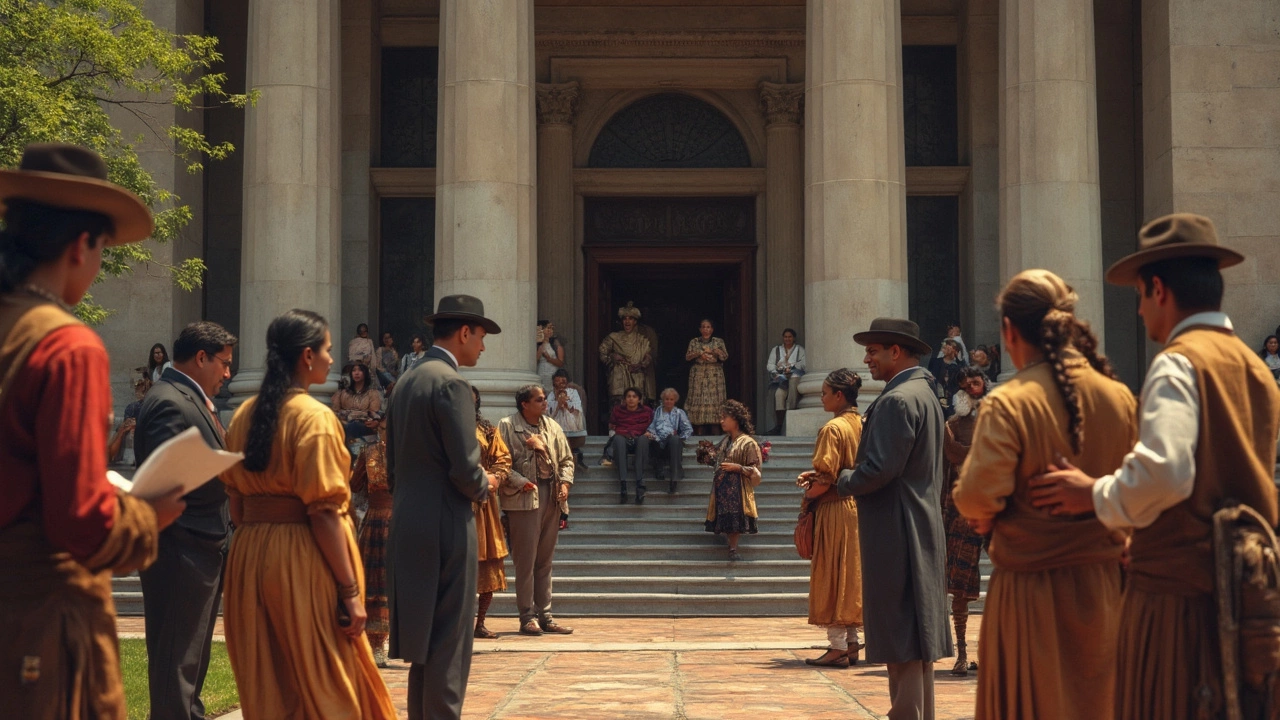Civil Cases VA: Simple Steps to Prove Your Side and Win
If you’re facing a civil dispute in Virginia, the process can feel overwhelming. The good news is that you don’t need a law degree to understand the basics. Knowing what the court expects, how to collect solid evidence, and the right way to present your case can tilt the odds in your favor.
What Virginia Courts Look For
In a Virginia civil case, the judge or jury will focus on three things: who has the burden of proof, what kind of evidence is allowed, and how clearly the facts are linked to the law. The plaintiff (the person who starts the case) carries the burden of proof, meaning they must show it’s more likely than not that their claim is true. The defendant can rebut by presenting counter‑evidence or showing the plaintiff’s proof is insufficient.
Remember, Virginia follows the “preponderance of the evidence” standard. It’s not “beyond a reasonable doubt” (that’s criminal law) – you just need to tip the scale a little over 50 % in your favor.
Gathering and Presenting Evidence
Start with anything that supports your story: contracts, emails, text messages, photos, receipts, or witness statements. Keep originals when possible, and make clear copies for the court. If you’re dealing with a contract dispute, highlight the specific clauses you think were breached and attach the signed document.
Witnesses are powerful, but they must be reliable. Get written statements that detail what they saw, when, and how it relates to your claim. If a witness can’t appear in person, Virginia courts often accept a written affidavit, as long as it’s notarized.
Don’t forget about discovery. You can request the other side’s documents, ask them to answer written questions (interrogatories), or set up a deposition where they answer under oath. Use these tools early – they can expose weaknesses in the opponent’s case before trial.
When you’re ready to file, make sure your complaint is clear, concise, and follows the Virginia Supreme Court’s formatting rules. Missed deadlines or paperwork errors can stall your case or even lead to dismissal.
Finally, practice your opening statement. Keep it short, stick to the facts, and explain why the law backs you up. Show the judge or jury a logical story, not a wall of legal jargon.
Facing a civil case in Virginia doesn’t have to be a nightmare. By understanding the burden of proof, gathering solid evidence, and following the court’s procedural rules, you give yourself the best shot at a favorable outcome. Need more help? Consider a brief consult with a Virginia‑licensed attorney to review your documents and sharpen your strategy.

Where Are Civil Cases Heard in VA? Essential Guide to Virginia's Civil Courts
Trying to figure out where a civil case gets heard in Virginia? This article breaks down the court options based on what’s at stake—money, property, or more. Learn how the court locations, processes, and limits can affect your case. Get tips on paperwork, what to expect in the courtroom, and why choosing the right court makes a real difference. Here’s how to navigate Virginia’s civil court system without getting lost.